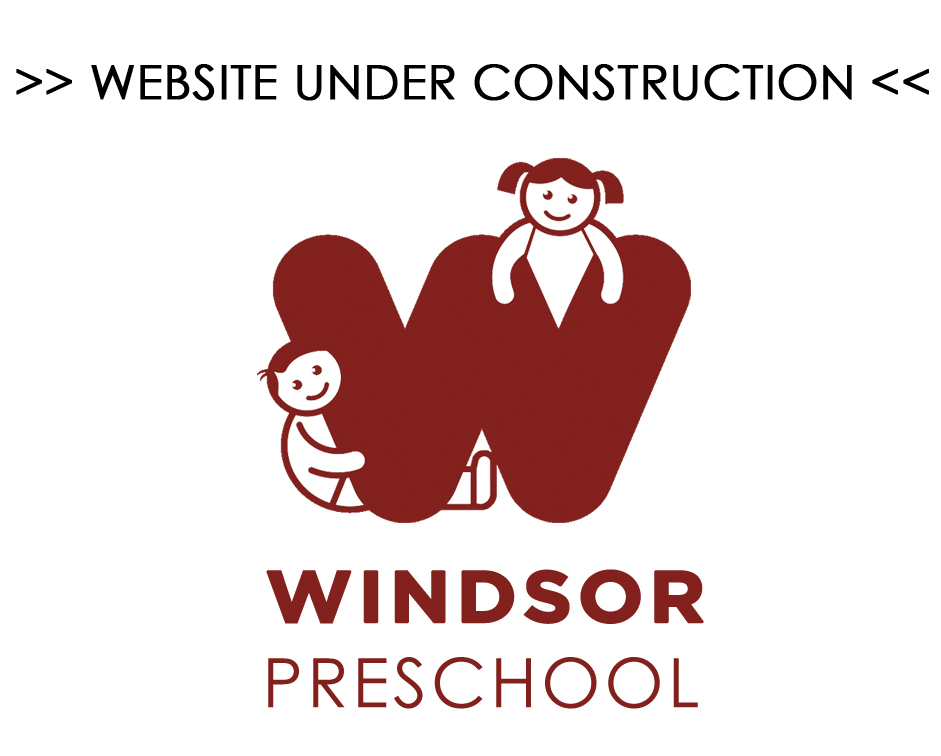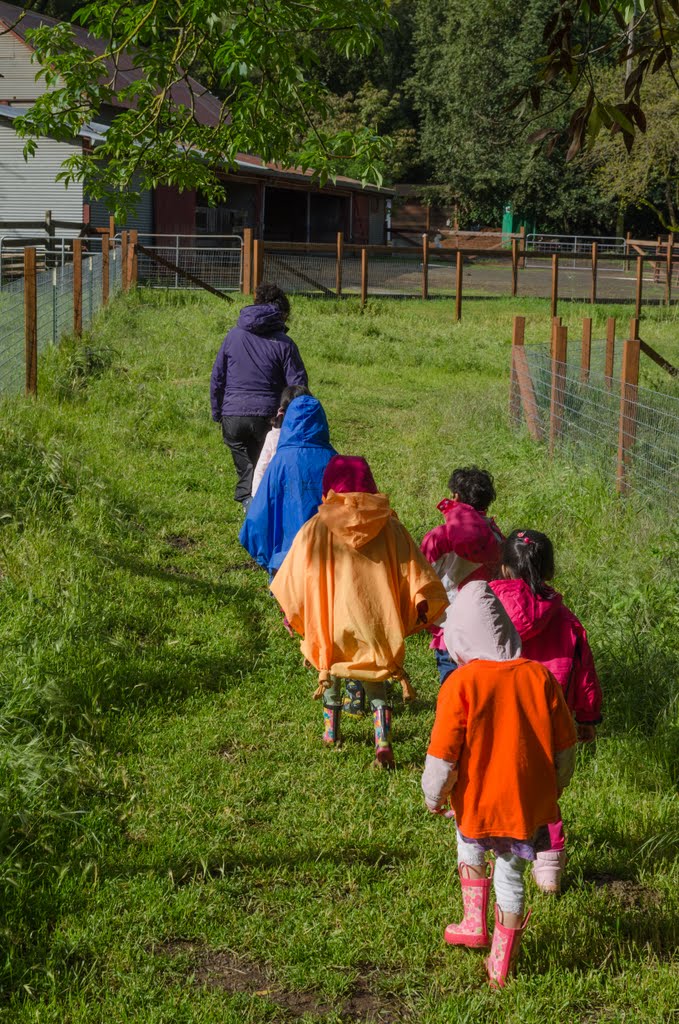
Music and Movement
Music and movement bring another dimension of beauty into our lives and benefit a child's development in many ways. They learn to be aware of movement and body positions. They improve balance, coordination, and rhythm. Through music, children refine their listening skills, and take an internal experience and transform it into a shared creative experience.
Music and movement bring another dimension of beauty into our lives and benefit a child's development in many ways. They learn to be aware of movement and body positions. They improve balance, coordination, and rhythm. Through music, children refine their listening skills, and take an internal experience and transform it into a shared creative experience.

Piano & Vocal Lessons
Using the Kodaly Method, children are led through songs, dances, stories, and games, thereby learning rhythm, pitch, singing harmony, and instruments. Elder children also learn to play the piano.
Using the Kodaly Method, children are led through songs, dances, stories, and games, thereby learning rhythm, pitch, singing harmony, and instruments. Elder children also learn to play the piano.
Indian Folk and Bollywood Dance
Folk songs, and corresponding dances, are chosen from all over India. Bollywood style of dancing involves a range of upbeat music and dance, combining Bhangra, Kathak, Jazz, Ballet, and hip-hop.
Folk songs, and corresponding dances, are chosen from all over India. Bollywood style of dancing involves a range of upbeat music and dance, combining Bhangra, Kathak, Jazz, Ballet, and hip-hop.
Hawaiian Dance
Hula is a Polynesian dance form that dramatizes the words of the oli (chant) or mele (song) in a visual dance form. Children in this class learn about the Hawaiian culture and the idea that dances can tell a story.
Hula is a Polynesian dance form that dramatizes the words of the oli (chant) or mele (song) in a visual dance form. Children in this class learn about the Hawaiian culture and the idea that dances can tell a story.

Sports
Positive early experiences with sports can foster a life-long love for being active. Classes are age-appropriate and focus more on skill development and exploration rather than competition. Children develop social and motor skills, increase attention span, and improve self-confidence. Above all, it's fun!
Positive early experiences with sports can foster a life-long love for being active. Classes are age-appropriate and focus more on skill development and exploration rather than competition. Children develop social and motor skills, increase attention span, and improve self-confidence. Above all, it's fun!

Gymnastics
Somersaults! Cartwheels! Handstands! This noncompetitive gymnastics program provides children with an opportunity to improve their coordination, balance, and strength. It is a very material rich program, exposing children to stilts, balance beams, parachutes, to name a few.
Somersaults! Cartwheels! Handstands! This noncompetitive gymnastics program provides children with an opportunity to improve their coordination, balance, and strength. It is a very material rich program, exposing children to stilts, balance beams, parachutes, to name a few.

Soccer
Children are just beginning to learn how to play on a team, so soccer's main aim is to develop social skills and a passion for the game. Children cultivate soccer skills, learn to share and pass, and play all-inclusive games.
Children are just beginning to learn how to play on a team, so soccer's main aim is to develop social skills and a passion for the game. Children cultivate soccer skills, learn to share and pass, and play all-inclusive games.

Karate
Karate enhances concentration, builds strength and balance, and promotes self-esteem. Children have fun while growing mentally, physically, and emotionally. And the children love earning belts for their uniforms!
Karate enhances concentration, builds strength and balance, and promotes self-esteem. Children have fun while growing mentally, physically, and emotionally. And the children love earning belts for their uniforms!

Languages
Young children have an amazing capacity to pick up new languages. Our focus is to expose children to the sounds of the language and, most importantly, experience the intense cognitive exercise that goes into learning a new language. On a higher level, language exposure supports children's multicultural identities, connecting us all and making the world feel like a smaller place.
Young children have an amazing capacity to pick up new languages. Our focus is to expose children to the sounds of the language and, most importantly, experience the intense cognitive exercise that goes into learning a new language. On a higher level, language exposure supports children's multicultural identities, connecting us all and making the world feel like a smaller place.
|
Spanish A meaningful monthly Spanish language theme integrates Spanish into children's everyday lives. Themes like eating lunch to going to the park make daily routines into fun language adventures. |
Hindi Children play games, act out dramas, read stories, and sing songs in Hindi. The novel concept of using script, rather than letters, is discussed. Children learn a new Hindi poem each month. |
Mandarin In a physically active learning environment, children jump, dance, and clap as they learn Mandarin. Children learn the difference between letters and Chinese characters. They also explore calligraphy and Chinese folk dance. |
Other Enrichment Programs
Windsor hosts a variety of other enrichment programs to offer children social, physical, emotional, and cognitive growth experiences. Exposing children to learning and discovery early in life is critical because the brain is developing so rapidly. These experiences promote confidence in their daily lives and encourage children to try new things.
Windsor hosts a variety of other enrichment programs to offer children social, physical, emotional, and cognitive growth experiences. Exposing children to learning and discovery early in life is critical because the brain is developing so rapidly. These experiences promote confidence in their daily lives and encourage children to try new things.

Reading Dog Buddies
Specially trained and vetted companion dogs visit the school. Children “read” to their dog buddies, improving their literacy skills and encouraging a desire to read.
Specially trained and vetted companion dogs visit the school. Children “read” to their dog buddies, improving their literacy skills and encouraging a desire to read.

Nature Walks and Park Trips
Children explore the neighborhood and interact with the community, but it's more than just good exercise. Reading, math, and science are explored contextually as they read road signs, recognize house numbers houses, and identify plants and animals.
Children explore the neighborhood and interact with the community, but it's more than just good exercise. Reading, math, and science are explored contextually as they read road signs, recognize house numbers houses, and identify plants and animals.

Leadership Development Program
The older students spend time in the younger class room as little leaders, teaching skills and games to the younger ones. Elder children develop confidence, responsibility, and empathy while younger children are exposed to positive role models.
The older students spend time in the younger class room as little leaders, teaching skills and games to the younger ones. Elder children develop confidence, responsibility, and empathy while younger children are exposed to positive role models.
